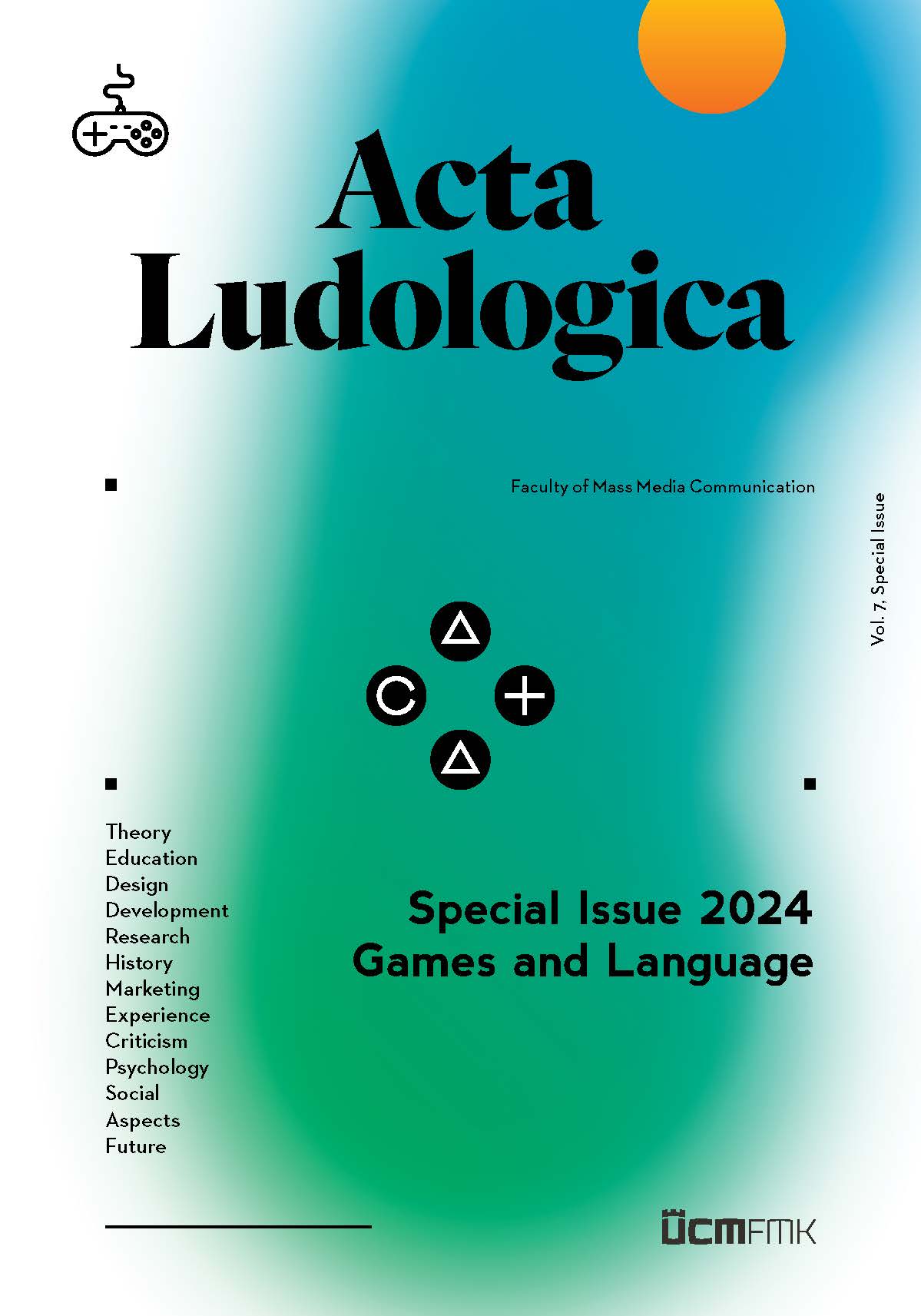Georgios Liapis, Ioannis Vlahavas
ABSTRACT:
Gaming technology’s potential extends beyond entertainment, providing a powerful platform for learning and evaluation, and for that, NPCs with static movement and conversation behaviours are often used. To make them more human-like and emulate actions, technologies such as artificial intelligence are utilized. This work proposes smart NPCs to imitate personality traits in a serious escape room setting. For their development, labelled personality profiles are normally required from human players to define their standard behaviours. As this is rather difficult, deep reinforcement learning is a feasible and effective alternative for generating the necessary dataset. Each NPC is an AI agent that simulates a specific personality according to the OCEAN 5 model. Our escape room environment also includes Raven-inspired intelligence tests and a custom communication system that allows the development of smart NPC teams. Analysis of gameplay data and metrics uncovered behavioural patterns affecting performance, stability, and task completion times. Such progress has potential across multiple digital game types for smart NPCs with specific personality, as well as for the creation of standard gameplay style profiles that can be used for players’ assessment.
KEY WORDS:
agents, deep reinforcement learning, machine learning, NPC, serious games.
DOI:
10.34135/actaludologica.2024-7-2.4-25

